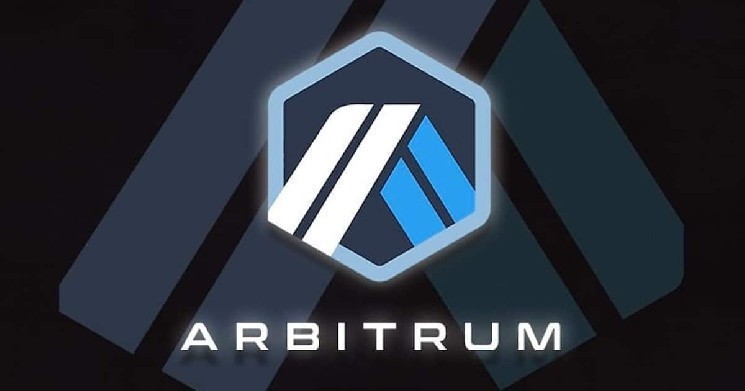GitHub Copilot is no longer just an autocomplete tool.
At Microsoft Build 2025 on Monday, the company revealed it’s transforming Copilot into a full AI agent—capable of thinking, reasoning, and writing code while a developer steps away for a coffee break.
This shift toward so-called “vibe coding”—where developers describe goals in natural language and let AI handle the implementation—underscores a broader evolution in software development, one that Microsoft CEO Satya Nadella described as a seismic platform shift.
“Here we are in 2025, building out this open, agentic web at scale,” he said. “And we’re going from these few apps with vertically integrated stacks to more of a platform that enables this open, scalable, agentic web.”
Nadella compared today’s reveal to earlier moments in the company’s history, including the launch of a more powerful 64-bit version of Windows, the web stack, and the rise of cloud computing and the modern mobile web.
GitHub Copilot now has a coding agent embedded right where you already collaborate with developers: on GitHub. And yes, you can access it from VS Code too. 🤖 pic.twitter.com/S2oiPyMGbs
— Thomas Dohmke (@ashtom) May 19, 2025
Vibe away
Microsoft acquired GitHub in 2018. In 2021, it launched GitHub Copilot in collaboration with OpenAI, the creator of ChatGPT.
The tool is available natively in GitHub or through Microsoft’s open-source code editor, VS Code. While GitHub Copilot is free for all users, only Pro and Pro+ subscribers will have unlimited access to the chatbot’s more advanced features.
Last week, OpenAI launched the latest version of its Codex, a free and open-source cloud-based platform for AI agents.
These agents are designed to handle multiple programming tasks simultaneously, reducing the need for large development teams.
“Vibe coding” has become popular of late, but AI’s influence on code stretches back years before the phrase caught on.
Emad Mostaque, former CEO of Stability AI, suggested in 2023 that 41% of GitHub’s code was AI-generated.
In 2024, a GitHub report showed a 59% increase in contributions to generative AI projects and a 98% rise in new projects. A separate survey by developer platform Opsera found that more than 80% of respondents had installed the GitHub Copilot IDE extension, reflecting the technology’s growing adoption.
In a live demo during Monday’s keynote, Nadella showed Copilot assigning a GitHub issue, demonstrating how it operates in a sandboxed environment with built-in security protocols. Once Copilot is done working, the program notifies the user so that they can review the code.
“Copilot can now learn your company’s unique tone and language,” Nadella said in a follow-up post on X. “It is all about taking that expertise you have as a firm and further amplifying it so everyone has access.”
To support a broader community of developers, Nadella said Microsoft is opening up Copilot’s foundational tools so others can build their own specialized agents.
“We’re also making these core capabilities available to partners to help create an open and secure ecosystem of agents,” he said. “Whether for SRE, code review, or the many other things developers will build.”
Even as GitHub Copilot evolves into a fully autonomous coding agent, GitHub CEO Thomas Dohmke said the program is designed to operate transparently and securely, to fit into existing developer workflows.
“As the agent works, it pushes commits to a draft pull request, and you can track it every step of the way through the agent session logs,” Dohmke said in a statement.
“Having Copilot on your team doesn’t mean weakening your security posture—existing policies like branch protections still apply in exactly the way you’d expect,” he added.
Edited by Sebastian Sinclair and Andrew Hayward













Leave a Reply